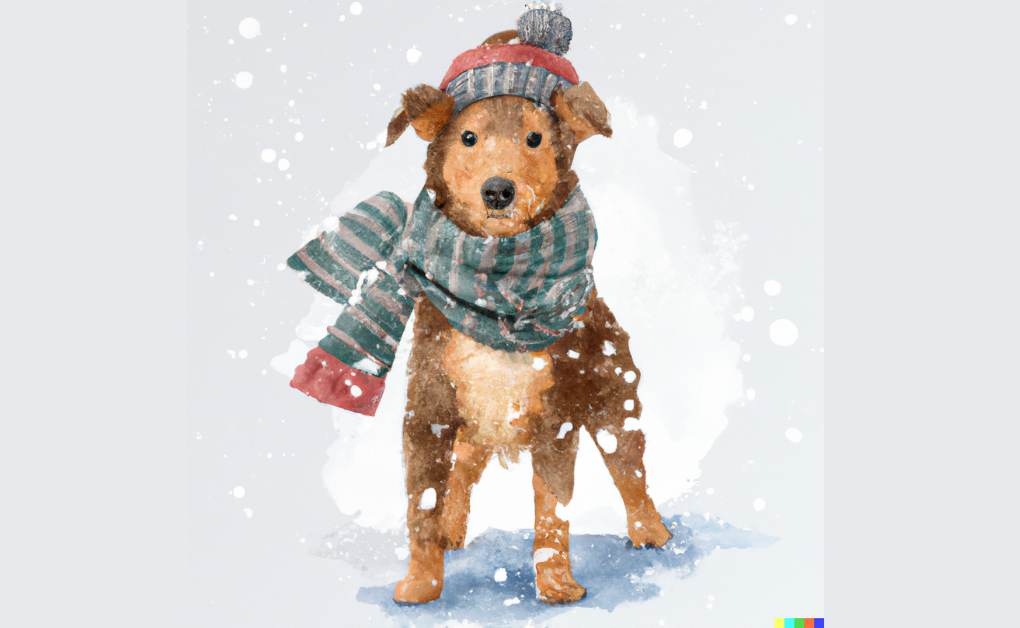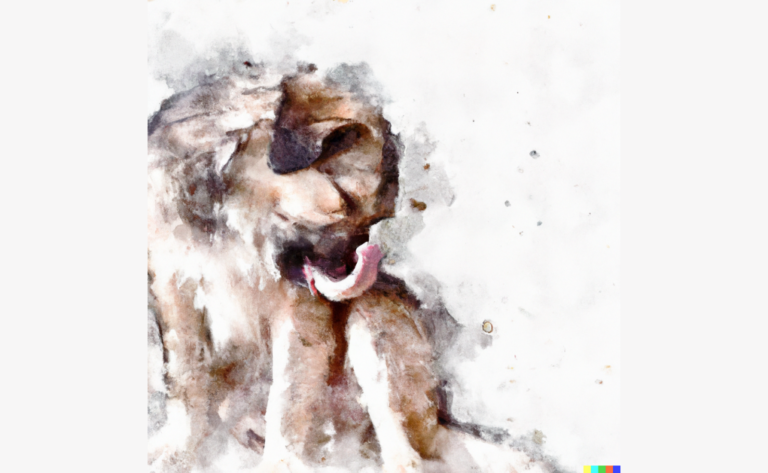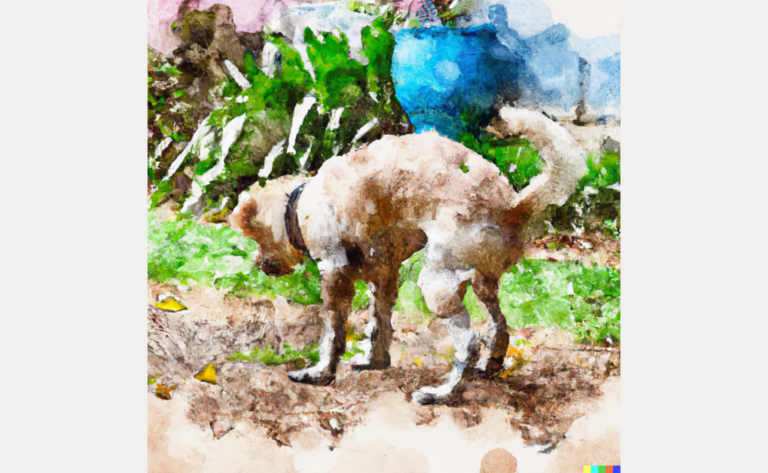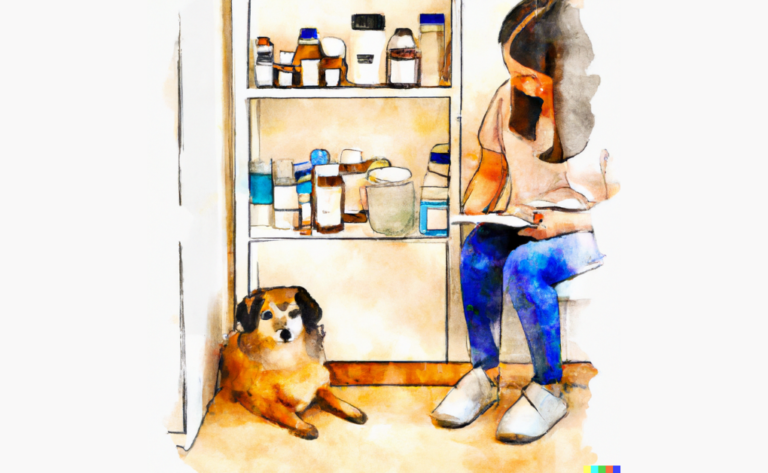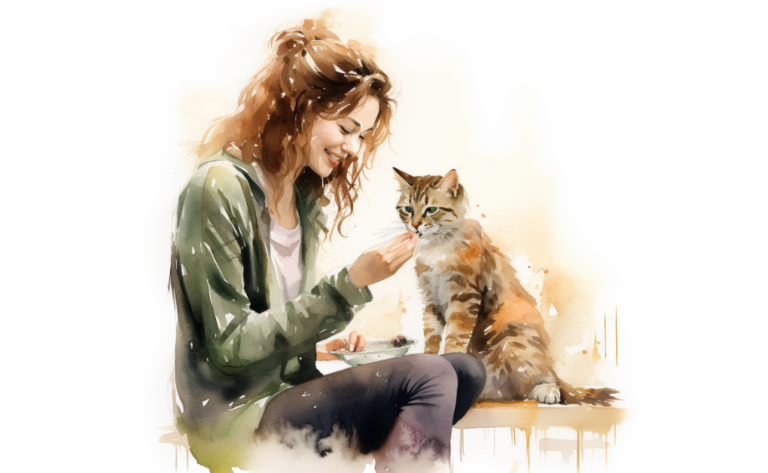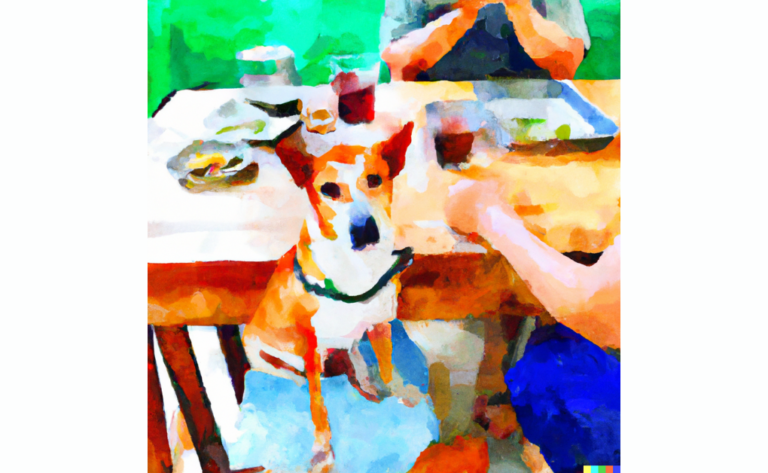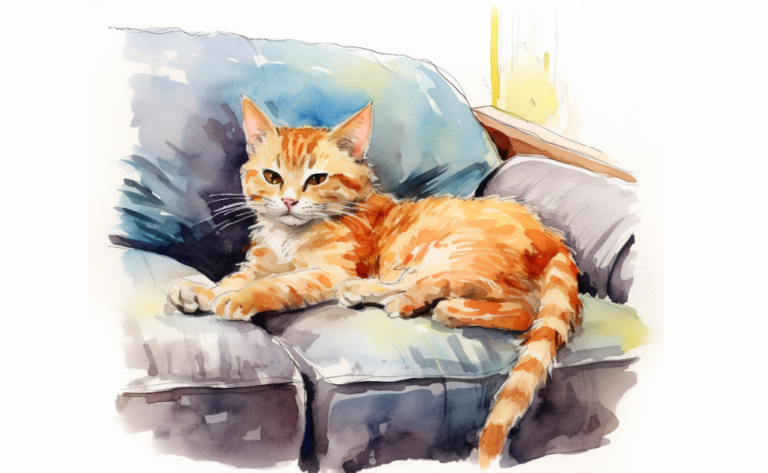Pet Safety for Cold Weather
Introduction
As the first snowflakes began to fall, Sarah gazed out of her window and couldn’t help but worry about her beloved cat, Whiskers, and her dog, Rufus. The temperature was dropping quickly, and she was unsure how to protect her pets from the harsh winter elements.
Winter can be difficult for pets, as the cold weather and icy conditions can pose several risks. Therefore, it is essential to take extra precautions to keep your pet safe during cold weather.
As temperatures dip during the winter months and snow blankets everything in white, pet owners need to be mindful of ways to help their furry friends cope with climate change.
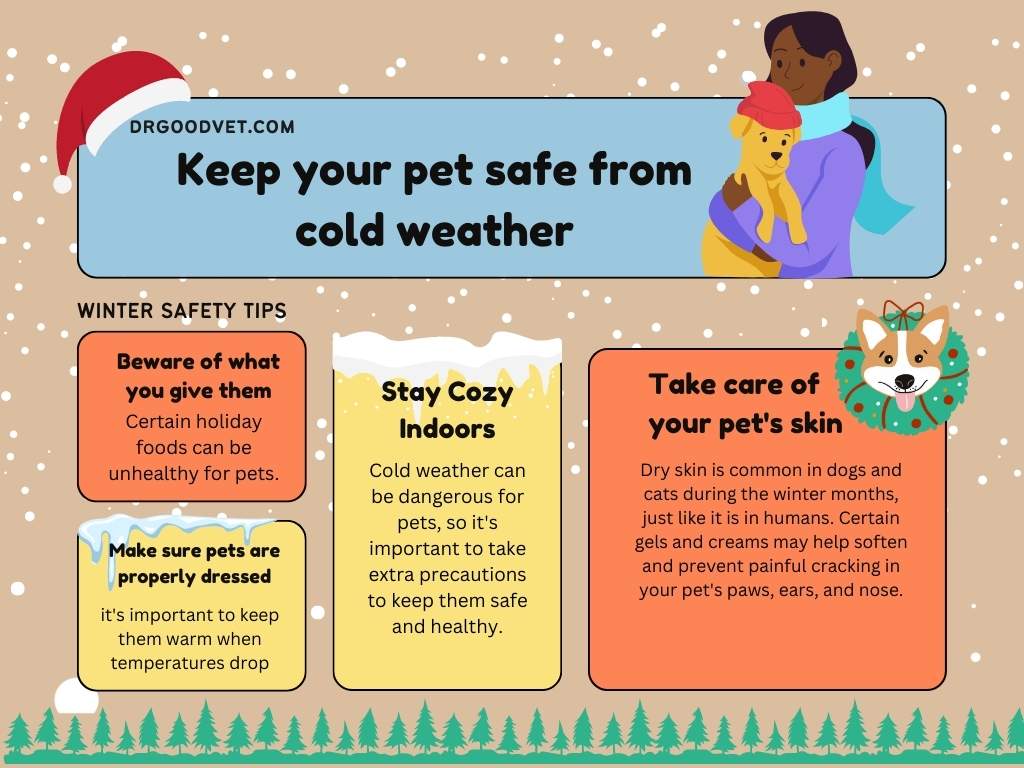
At the same time, cold weather restricts outdoor activities with pets. So knowing what precautions need to be taken to minimize health risks will go a long way toward keeping your beloved companion safe and sound all season long! In this article, I’ll explain all that pet owners need to know about pet safety in cold weather.
Keep Pets Indoors When Possible
Keeping pets indoors when possible is an essential part of responsible pet ownership. Pets should not be kept outdoors for long periods in cold weather, as they are more susceptible to hypothermia and frostbite than humans. Short-coated dogs may need a coat or sweater during walks to protect them from the cold.
Whenever possible, keep pets inside with the family and provide them with a dry, draft-free shelter that is large enough for your pet to move comfortably but small enough to hold in body heat. In addition, pets need more food in the winter due to increased energy expenditure, so ensure you provide them with plenty of nutritious food and access to fresh water.
It’s also important to remember that outdoor cats can also suffer from frostbite and hypothermia, so keep them indoors whenever possible. If you let your cat outside, ensure they have a warm place to sleep at night and access fresh water throughout the day.
Protect those paws!
It is essential to protect your pet’s paws during the winter months. Snow and ice can cause cracked, bleeding feet, so it is necessary to take extra precautions when your pet is outside. After time spent outdoors, wash and completely dry your pet’s paws. This will help keep them safe from the cold snow and ice. Petroleum jelly can also be used as a protective barrier against the elements.
Dog boots or paw protectors are another great way to keep your pup safe in winter. For example, mushers in the Iditarod sled-dog race use booties to protect their dogs’ paws from injuries and abrasions caused by the harsh conditions of the race. In addition, different retailers offer dog boots or paw protectors that can help keep your pup safe while they enjoy outdoor activities during the year’s colder months. Taking these steps will ensure that you are protecting those precious paws!
Keep Antifreeze Out of Reach of Pets
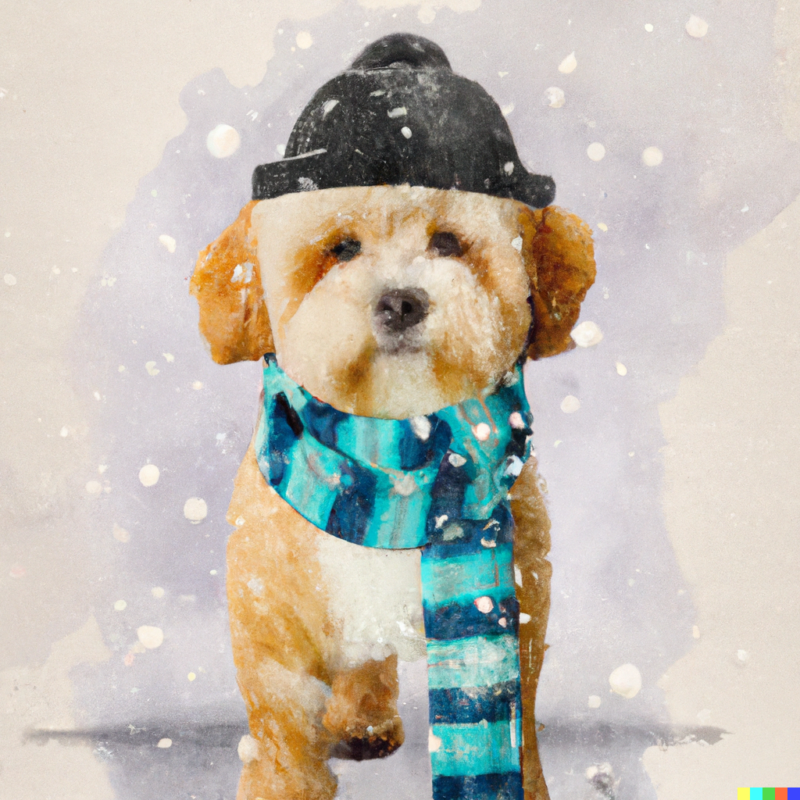
Antifreeze is a dangerous substance that can be fatal to pets if ingested. It has a sweet taste that attracts animals, so keeping antifreeze out of reach from pets is essential. In addition, any spills should be cleaned up immediately to avoid antifreeze poisoning. Pets should also not be left outside in cold weather, as they can become dangerously ill or even die.
Cats are particularly vulnerable to the elements and may unknowingly put themselves at risk by eating or drinking something poisonous that doesn’t freeze. Wild animals may also be closer to homes during the winter months, so it is best to keep cats indoors at all times.
Pet owners must take extra precautions regarding antifreeze and other hazardous substances during winter. Store any antifreeze containers in secure places where pets cannot access them, and immediately clean up any spills with an absorbent material such as sawdust or kitty litter. If you suspect your pet has ingested antifreeze, contact a veterinarian directly.
Taking the proper precautions and following these tips can keep your pet safe and healthy during the cold winter.
Provide Extra Food and Water
Providing extra food and water for pets outdoors in the winter is essential to ensure their health and safety. It is important to check the water dish regularly to ensure it has not frozen over, as this can be dangerous for animals. Plastic food and water bowls are recommended instead of metal, as metal can cause a pet’s tongue to freeze if left outside in cold temperatures.
Dogs need more food when they expend energy in cold weather, so providing extra food will help replace lost energy or calories from playing. If your pet spends much time outdoors during winter, consider switching to plastic food and water bowls designed specifically for outdoor use.
In addition to providing extra food and water, it is essential to ensure your pet has access to shelter from the elements. A dog house or other type of shelter should be provided if your pet spends a significant amount of time outdoors in the winter, and this will help keep them warm and provide protection from the wind, snow, and cold temperatures.
Taking the proper precautions and following these tips can keep your pet safe and healthy during the cold winter. Ensure to provide extra food, water, and a warm shelter for your pet if they spend time outdoors. Additionally, keep antifreeze out of reach of pets at all times, and consider investing in plastic food and water bowls designed for outdoor use. With the proper precautions, you can ensure your pet stays safe and healthy during the cold winter.
Bundle Up This Winter.
As winter approaches, we must ensure that our furry friends are bundled up and ready for the cold weather. One way to do this is to leave your dog’s fur a bit longer during winter, which will help keep them warm and cozy in the colder temperatures. Additionally, if you have puppies, kittens, or shorthair-breed pets, consider purchasing a coat or sweater for them as well. Fleece is an excellent option for pet coats and sweaters since it is lightweight yet provides warmth.
It is also essential to be prepared for unexpected power outages due to winter weather. Have a plan in case of an emergency to keep your dog warm if you lose power this winter. Consider investing in items such as heated beds or blankets that can provide extra warmth during these times. Additionally, AKC participates in affiliate advertising programs that allow sites to earn advertising fees by linking to akc.org. So you can purchase items such as heated beds or blankets from AKC and help support the organization’s time.
Overall, taking extra precautions regarding pet safety during winter is essential. Make sure your pet has access to food and water, provide a warm shelter, and bundle them up in coats or sweaters if necessary. In addition, keep antifreeze out of reach and be prepared for unexpected power outages. With the proper precautions, you can ensure your pet stays safe and healthy during the cold winter months.
Provide Outdoor Shelter for Your Pets
Providing outdoor shelter for your pets is essential to keeping them safe and healthy during the colder months. A dry, draft-free doghouse that is large enough for them to sit and lie in should be provided. The floor should be elevated a few inches off the ground and covered with cedar shavings or straw to keep it warm. The entrance should face away from heavy winds and be covered with a flap of heavy waterproof fabric or heavy plastic. During frigid temperatures, it’s best to keep pets inside with you and your family.
In addition to providing a warm shelter, you should also increase food intake for outdoor pets during winter months as they need more energy to stay warm. Plastic food and water bowls are recommended, as metal bowls can freeze quickly in cold weather. By taking these steps, you can ensure that your pet stays safe and comfortable throughout the winter season.
Use Leashes When Walking Near Water
When walking near frozen bodies of water, keeping your pet on a leash is essential. This will help ensure they stay within the edge and avoid falling through the ice. If your pet does fall through the ice, do not attempt to rescue them yourself. Instead, call 9-1-1 or get help from someone who can reach them from shore. It is dangerous to go onto the ice as it may be unstable and break beneath your weight.
It is also essential to be aware of any signs that indicate thinning ice, such as open water, cracks in the ice, or snow melting off the surface. If you notice these signs, you can stay away from that area and find another route to walk with your pet. In addition, keeping your pet on a leash when walking near frozen bodies of water can help prevent accidents and keep you and your pet safe.
Don’t Lock Pets in Cars
Leaving pets in cars during the winter months can be extremely dangerous. Pets should never be left outside in cold weather, as they can become dangerously ill or even die. Cats are particularly vulnerable to the cold and may unknowingly put themselves at risk by eating or drinking something poisonous that doesn’t freeze. Wild animals may also be closer to homes during winter, making cats more vulnerable to becoming prey. Cars left out in the winter can become like refrigerators, making it dangerous to leave pets inside.
Pets should only be taken on errands if left in a car for at most five minutes. Even if it is balmy or freezing outside, leaving pets in cars can lead to serious health issues such as hypothermia and heat stroke. It is important to remember that temperatures inside a vehicle can rise quickly, even when it is cold outside, so leaving pets unattended for any time is not recommended. If you must take your pet with you on errands, bring them inside and keep them warm.
Frequently Asked Questions
Disclaimer: The information provided on this veterinary website is intended for general educational purposes only and should not be considered as a substitute for professional veterinary advice, diagnosis, or treatment. Always consult a licensed veterinarian for any concerns or questions regarding the health and well-being of your pet. This website does not claim to cover every possible situation or provide exhaustive knowledge on the subjects presented. The owners and contributors of this website are not responsible for any harm or loss that may result from the use or misuse of the information provided herein.

